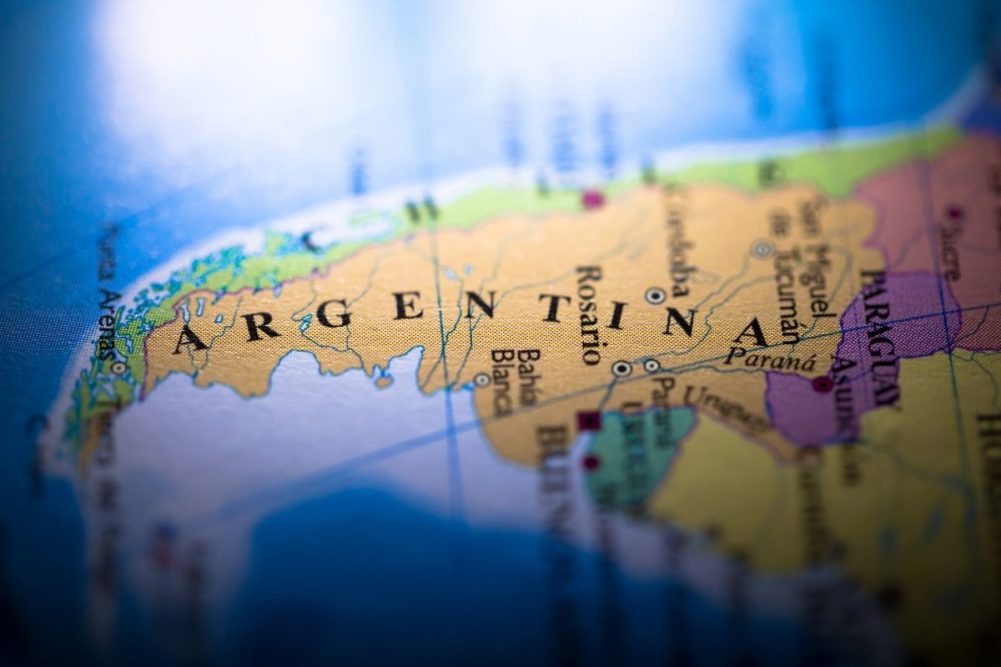BUENOS AIRES, ARGENTINA — The government of Argentina has agreed with flour mills and exporters to set up a “trust” mechanism it said would help temper food inflation and control domestic wheat prices as global prices reach 14-year highs following Russia’s invasion of Ukraine, Reuters reported.
“This mechanism responds to the need to decouple prices to protect the domestic market in a global context of war and with the international price of wheat high and sustained,” the ministry of production said.
Russia and Ukraine are the top two wheat exporters, accounting for about 29% of exports worldwide. The conflict has driven global wheat prices to historic levels. In the domestic Argentina market, the grain closed on March 2 at an average of 32,103 pesos ($298) per tonne, 19% higher than just a week ago.
The price mechanism would remain in place until the end of January 2024 and would focus on prices of domestic sales of wheat flour and dry pasta.
“This policy contemplates transferring 800,000 tonnes of wheat to the domestic market to guarantee supply and achieve price stabilization of these key products,” the ministry said.
For each tonne of wheat declared for export by agricultural exporters, they must pay a certain percentage into a trust, which would be capped at 1%, said Gustavo Idígoras, president of the CIARA chamber of grain processors. That fund will then be used to subsidize the industry that produces food for the local market.
Argentina is a major exporter of wheat, as well as being the No. 1 global exporter of processed soy and No. 2 for corn. The 2021-22 wheat harvest is estimated at a record 22.1 million tonnes. Argentina’s government previously has limited wheat exports from the 2021-22 harvest to 14.5 million tonnes, of which 13.6 million tonnes has already been declared for export.



